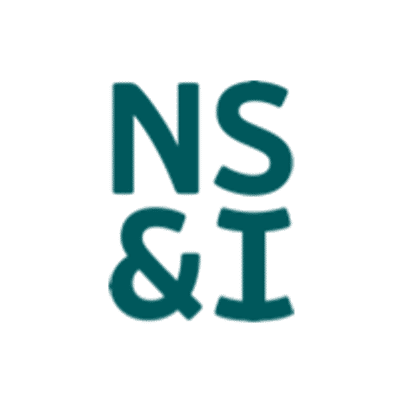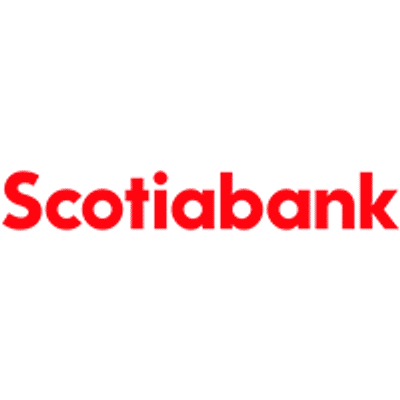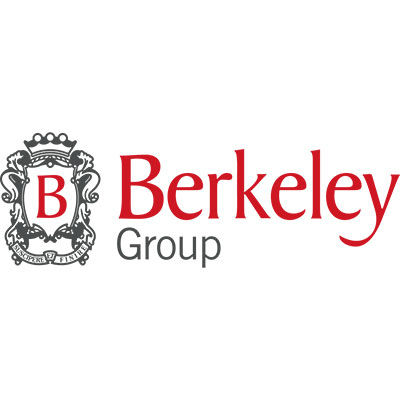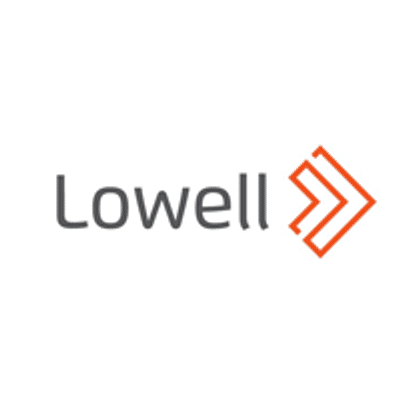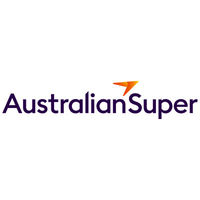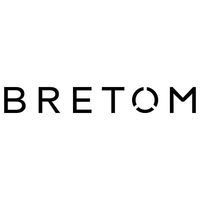
A Guide to Banking Careers
Banking is so much more than just storing money. Banks drive businesses, create opportunities and help everyday people make smart financial choices.
Whether it’s fintech or customer service, banking offers incredible opportunities for students just like you who are ready to make their mark.
Read our complete guide to banking careers and how you can secure your ideal role.

What is banking?
Whether you need a safe place to keep your hard-earned coins, secure a mortgage or even a loan to start up your own business, banks are here to help you manage your money.
Banks offer several products and services depending on what you need. These can include:
Current and savings accounts
Loans
Credit cards
Foreign currency exchange
Deposits
Pensions
Insurance.
What types of banking are there?
One of the greatest aspects of working in the banking industry is that you won’t be limited to just one aspect. There are several types of banking, and you’ll find that loads of banks offer multiple types.
These are some you might already be familiar with:
COMMERCIAL BANKING
These banks work with businesses, offering services like business accounts, loans, credit lines, and payment processing. Examples include Santander, NatWest, and RBS.
RETAIL BANKING
They provide everyday banking services to individuals and families, such as checking accounts, savings accounts, loans, and mortgages. Think Barclays, Lloyds or NatWest.
INVESTMENT BANKING
Investment banking helps companies get the money they need to grow. Think of them as matchmakers - they connect businesses that need money with people who want to invest. They also help when companies want to buy other companies.
WEALTH MANAGEMENT
Think of this as a healthy mix of several forms of banking where it helps people to manage, plan, invest and even pass on their wealth. Loads of banks offer this service, but some of the most well-known include Coutts, UBS, Goldman Sachs and J. P. Morgan.
There are crossovers between banking, finance and accounting. Luckily, we have career guides for those too.
Now that you understand what banking is, why not explore how you can get valuable hands-on experience that will kickstart your career journey early? Read on.
How do I get a job in banking?
It’s simple. Work experience! There’s more than one way to conquer the banking world. Whether you’re getting ready to graduate or about to finish your GCSEs, a route into this industry is waiting for you.
Click below to find out more about each one.

Banking Apprenticeships
Banking apprenticeships let you start a career in banking from age 16. Find out the qualifications you need, what banks you could work for and how to apply

Banking Degree Apprenticeships
A banking degree apprenticeship gives you a full Bachelor's degree with zero tuition fees, plus three to five years of valuable industry experience.

Banking Graduate Schemes
Banking graduate schemes are your fast track into the banking industry, and it’s a lot more exciting than you think.

Banking Internships
A banking internship is a brilliant way to get yourself on the ladder, meet amazing industry professionals and earn a salary; and that's all before you’ve graduated.

Banking Placements
Discover why you need to do a banking placement year, including how much you'll earn, what you'll gain and how to apply.

Investment Banking Apprenticeships
Looking for a top career in investment banking? Here's your guide to investment banking apprenticeships.
Who are the best banking companies to work for?
According to thousands of student-written reviews hosted on Higherin, these are the best employers to work for in banking.
Here's what an apprentice student told us about their work experience with HSBC:

Commercial Banking (CMB) Degree Apprentice HSBCI really enjoy the programme; it is challenging and has helped me develop personally and professionally and gain opportunities and create networks that I wouldn't have otherwise had access to. I learnt how to conduct financial analysis, presentation skills, project and stakeholder management, time management, macroeconomics of wider industry, client engagement, and networking skills.
What can I do with banking work experience?
One of the greatest parts of getting work experience is that it opens up a wide range of opportunities. You can go anywhere.
So, what’s next? Here’s what you could become…
Financial Analyst
Investment Banker
Financial Adviser
Bank Teller
Risk Manager
Accountant
Loan Officer.
Find Banking Jobs
Sold? We have loads of jobs in banking available right now for school leavers and university students. Get started below.














